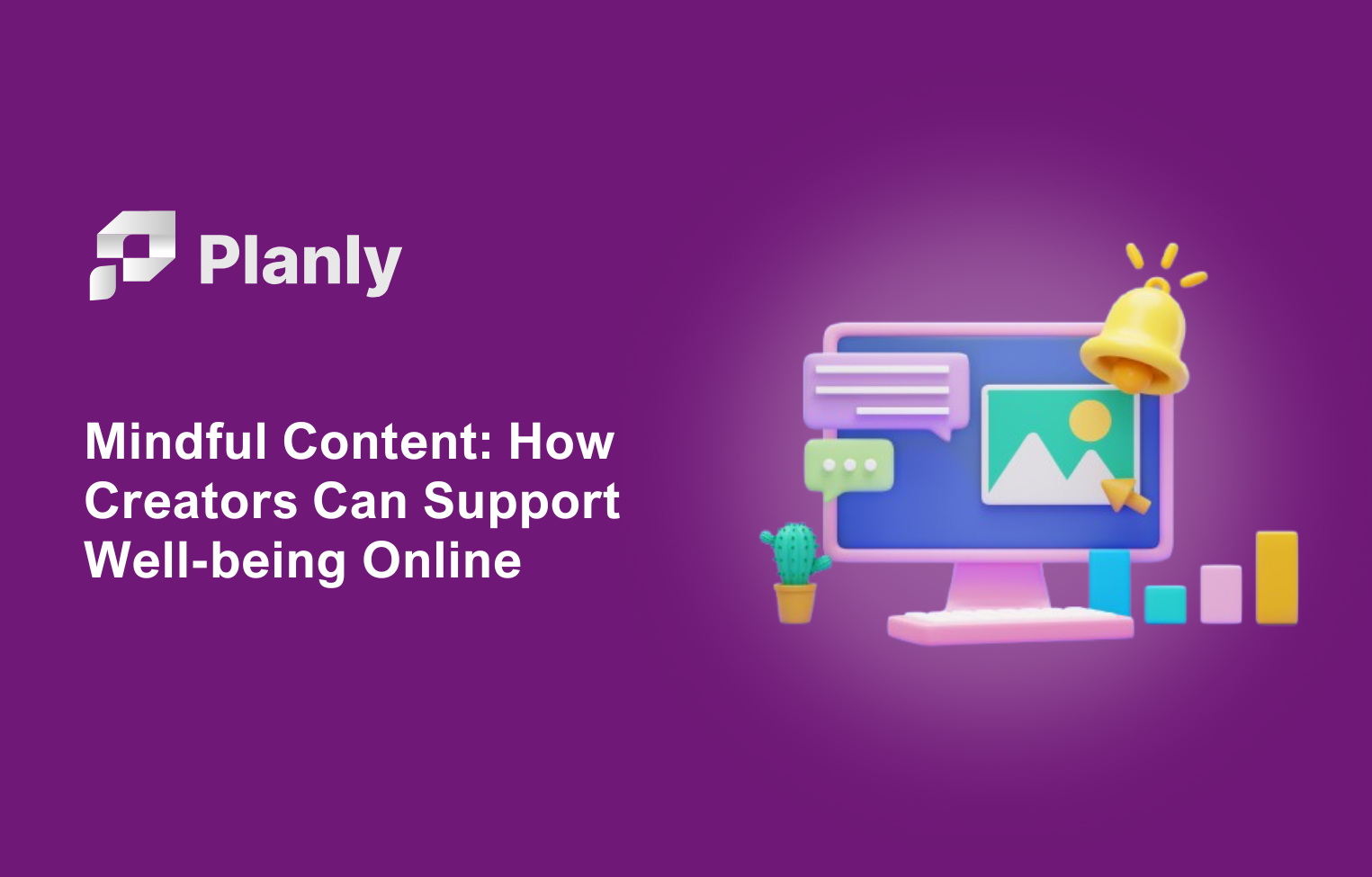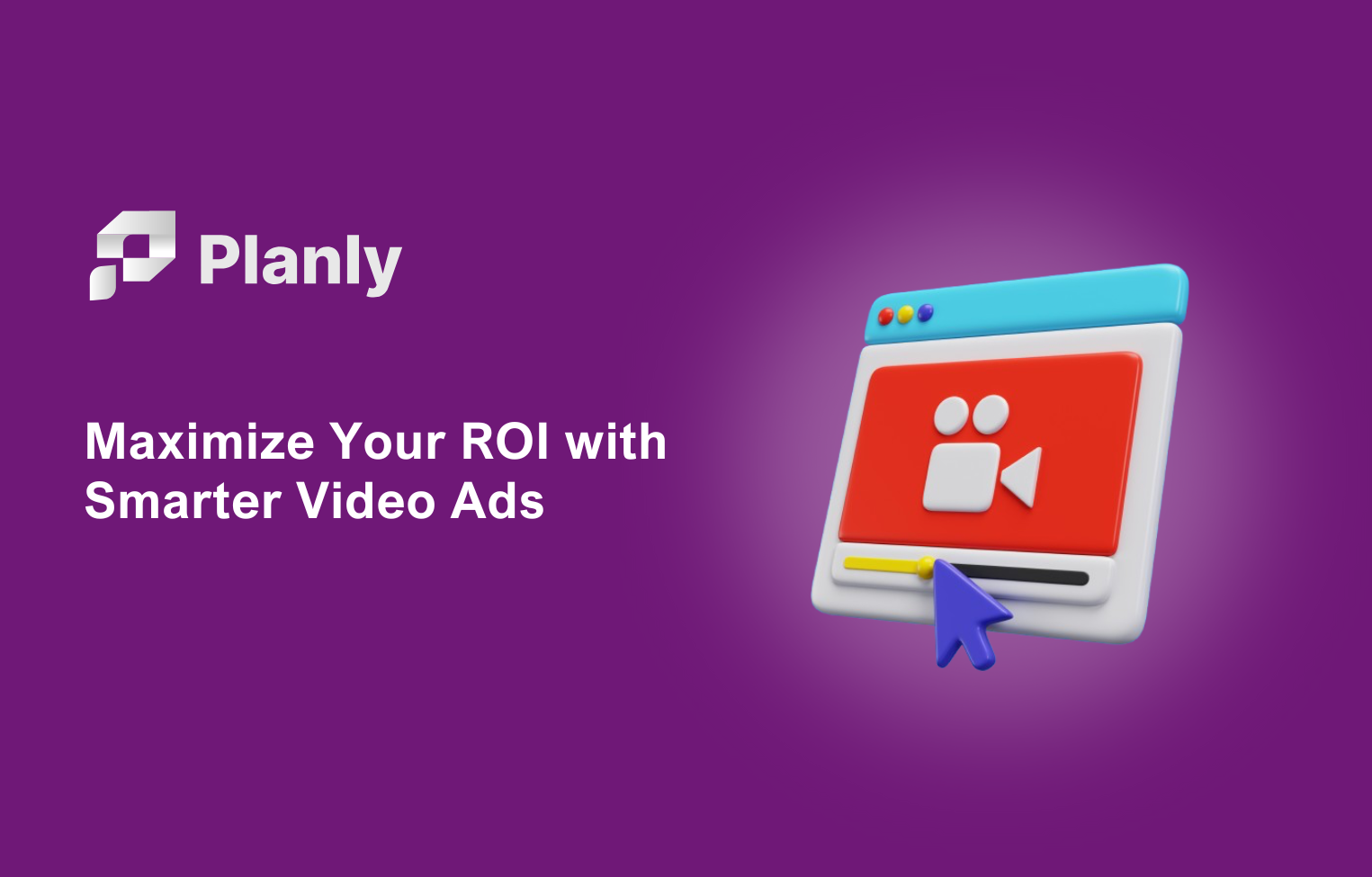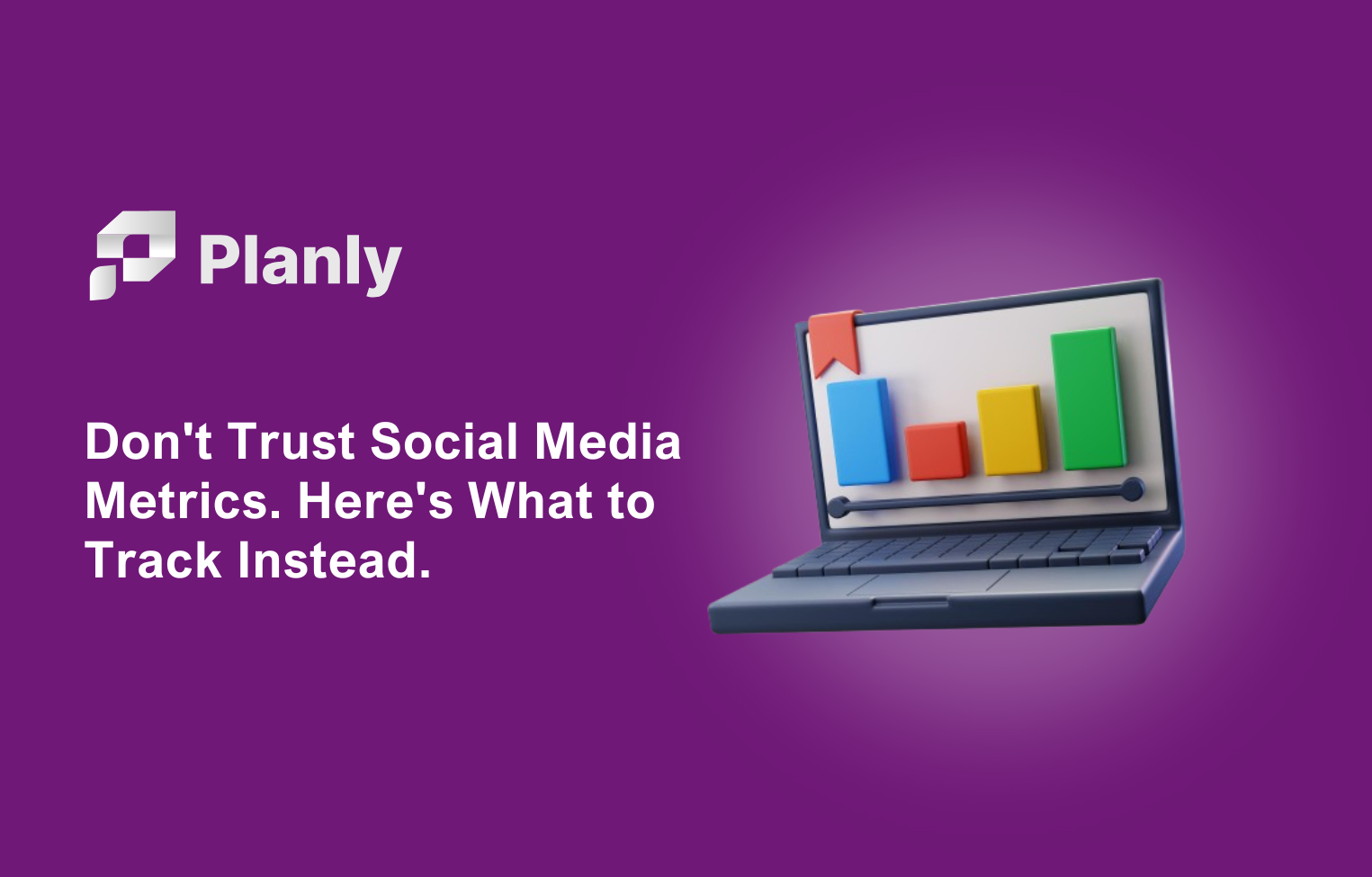Do you ever wonder how social media platforms know what content to show you, or how businesses track the success of their online campaigns?
The answer lies in Social Media Analytics - a powerful process that allows platforms to gather data about their social media presence and performance.
In this article, we will explore how you can, as an agency take advantage of social media analytics.
How to use social media analytics?
Social Media Analytics is the process of collecting and analyzing data from social media platforms to make informed decisions and optimize strategies. Tracking metrics such as engagement, reach, and conversion rates, an agency can gain valuable insights into different audiences' preferences and behaviors.
So, whether you are a new agency, or a juggernaut with over 100 clients, you can still rely on social media analytics to boost your performance.
Importance of Social Media Analytics
Social media analytics is a crystal ball that allows you to see how well your social media strategy is working. It gives you valuable insights into your audience, their behaviors, and the effectiveness of your content.
Sometimes, your audience may not like what you post, or they might like it A LOT, but it might not derive the results you want.
That's when (and why) you need to look at social media analytics.
Importance of social media analytics, especially for big agencies lies in their ease of use and the amount of information they provide with little effort.
Many tools such as Meta's graph view or detailed reports, as well as Google's reporting dashboard provide pre-built templates for tracking key social media metrics.
Looking at this, you can optimize your social media strategy accordingly and get more results with the same effort.
But then the question becomes, what social media metrics do you need to pay attention to, when optimizing your clients social media efforts?
Key Metrics to Track in Social Media Analytics
For social media analytics, tracking the right metrics is crucial for the effectiveness of your social media efforts. You might might optimize your strategy endlessly, but if you are looking at the wrong metrics, your performance will continue to be stable.
It's not just about the number of likes or followers you have, but about digging deeper into the data to gain insights and make informed decisions. Here are some key metrics you should be tracking:
- Engagement Rate: This metric shows how actively involved your audience is with your content. It includes likes, comments, shares, and clicks. A high engagement rate indicates that your audience finds your content valuable and is likely to take action.
- Reach: Reach measures the number of people who have seen your content. It helps you understand the size of your potential audience and how well your content is performing in terms of visibility.
- Impressions: Impressions show how many times your content has seen displayed to users. It gives you an idea of how often your content appears in users' feeds, even if they don't interact with it.
- Click-Through Rate (CTR): CTR measures the percentage of people who click on a link in your post compared to the total number of people who saw the post. It helps you determine the effectiveness of your call-to-action and the relevance of your content.
- Conversion Rate: Conversion rate shows the percentage of people who took the desired action, such as making a purchase or signing up for a newsletter, after interacting with your content. It indicates how well your social media efforts are driving results.
Tracking these key metrics will give you a comprehensive overview of how your social media strategy is performing and help you make data-driven decisions to improve your engagement and reach. Remember, it's not just about the numbers, but about understanding the story behind the data and using it to optimize your social media presence.
Reach is down but CTR is up? There might be a problem with your audience.
Agency Tools for Social Media Analytics
The next step you have to take as an agency employee is choosing a tool to help you. You are one person, and you have many clients at hand. Having a tool to save time is THE best investment you can make.
These tools are essential for any business looking to understand their audience, track their growth, and optimize their social media strategy. Let's dive into some of the top tools available to help you navigate the world of social media analytics.
1. Google Analytics
Google Analytics is a powerful tool that provides in-depth insights into your website traffic and user behavior. By linking your social media accounts to Google Analytics, you can track the traffic coming from each platform, monitor user engagement, and identify which social media channels are driving the most conversions. This data is invaluable for understanding the effectiveness of your social media campaigns and making informed decisions to improve your overall strategy.
2. Planly
Planly is a popular social media scheduling platform that offers robust analytics tools to track your social media performance. With Planly, you can monitor key metrics such as follower growth, engagement rates, and post performance across multiple social media channels, even the most active times of your audience.
3. Sprout Social
Sprout Social is another comprehensive social media management platform that includes advanced analytics features to help you track your social media performance. The platform offers social listening tools to track conversations about your brand and industry, allowing you to stay informed and engage with your audience effectively.
4. Mention
Mention is a social media monitoring tool that helps you track mentions of your brand and monitor conversations about your industry across social media platforms. Mention also provides analytics reports to help you measure the impact of your social media efforts and track your brand's online presence.
How to Use Social Media Analytics to Improve Engagement
There are many social media metrics, but one that aggregates the most important metrics into one is engagement. Many clients demand the engagement rates to be included in their reports. It is also one of the best ways to improve your social media performance. Using a YouTube scheduling tool can help you post at the best times, making it simpler to monitor and boost your engagement through straightforward analytics.
Are users engaging with your content? This is where you need social media analytics.
Here are some tips on how to use social media analytics to improve engagement:
- Set Clear Goals: Before diving into social media analytics, it's important to define your goals. Do you want to increase brand awareness, drive website traffic, or generate leads? Setting clear objectives for each client will help you measure the success of your social media efforts.
- Track Key Metrics: Some key metrics to track include engagement rate, reach, click-through rate, and conversions. These metrics allows you to see trends and patterns in your social media performance.
- Identify Top Performing Content: Use social media analytics to identify which posts are performing well and resonating with your audience. Replicate the elements that make these posts successful in future content creation.
- Optimize Posting Times: Analyze data on when your audience is most active on social media. By posting at optimal times, you can maximize reach and engagement on your posts.
- Engage with Your Audience: Social media analytics can also help you identify influencers and top followers who engage with your content regularly. Engaging with these users can help build relationships and increase brand loyalty.
Remember, social media analytics is a powerful way that can help you make data-driven decisions to improve your social media performance. By leveraging the insights provided by these tools, you can enhance your engagement with your audience, drive more traffic to your website, and ultimately, achieve your social media goals.








